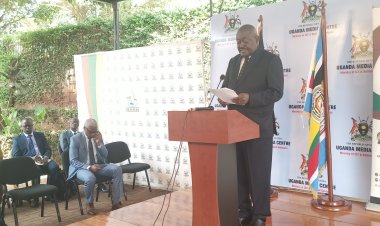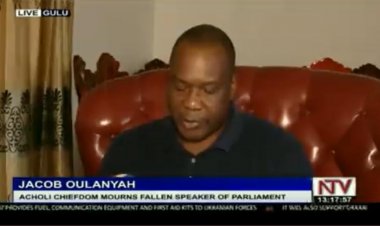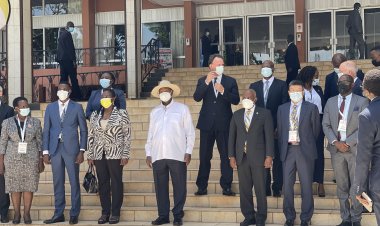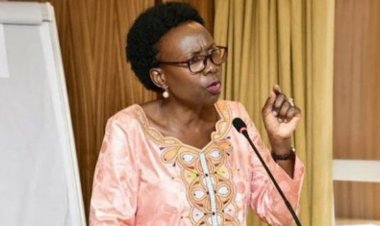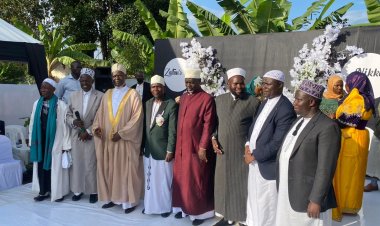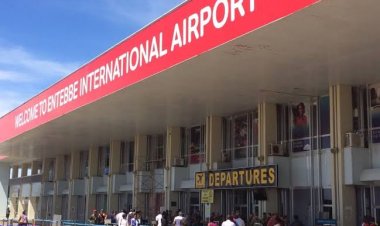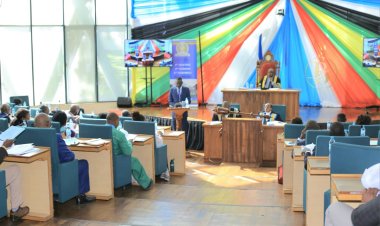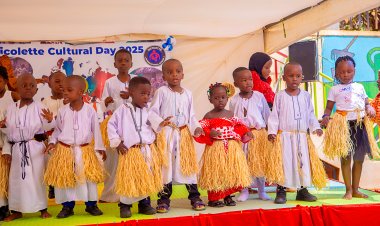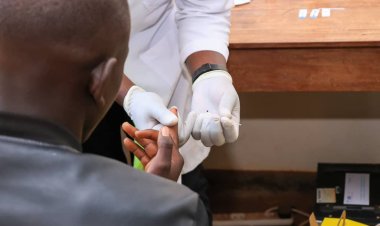Judiciary Launches Alternative Dispute Resolution Week to Tackle Case Backlog
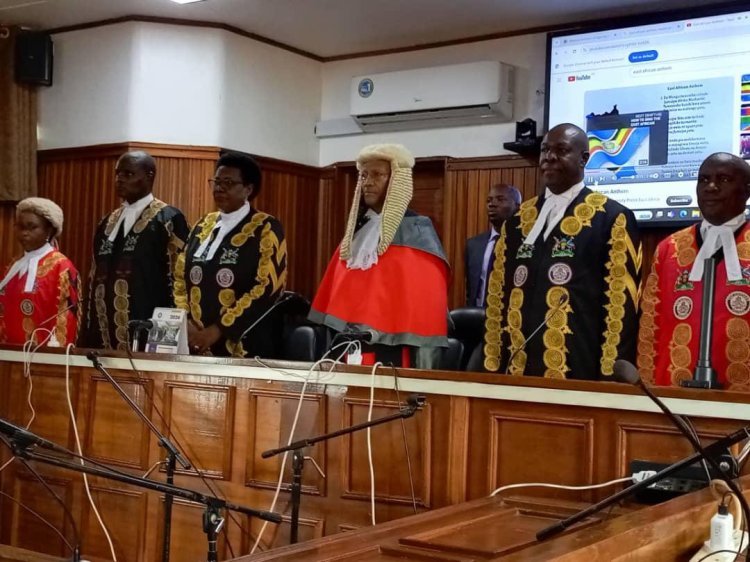
In a significant move to address the growing backlog of cases in the judicial system, the Judiciary has announced an Alternative Dispute Resolution (ADR) Week, aptly named "Settlement Week," scheduled to take place from August 5th to August 9th, 2024.
This initiative is designed to expedite the resolution of pending cases through Mediation and Negotiation, promoting a more efficient and people-centred justice system.
The ADR Week will involve several key courts, including the Court of Appeal/Constitutional Court, Land, Commercial, Civil, and Family Divisions, Mukono High Court Circuit, as well as Mengo and Makindye Chief Magistrates Courts.
Addressing the media at the Judiciary Headquarters in Kampala, Court of Appeal Justice Geoffrey Kiryabwire, alongside Registrar High Court, HW Rosemary Bareebe, underscored the importance of the ADR Week in tackling the case backlog.
Justice Kiryabwire emphasized that this initiative provides a platform for parties to resolve disputes more swiftly and economically through Mediation and Negotiation, reducing the necessity for prolonged and costly litigation.
"The ADR Week is a new initiative aimed at making the justice system more people-centred and efficient," Justice Kiryabwire stated.
"We want to resolve disputes quickly and efficiently, reducing the time and resources spent on litigation."
Justice Kiryabwire highlighted the Judiciary's ongoing efforts to address concerns over low disposal rates and delays in case handling.
He noted that while participation in the ADR Week is voluntary, parties are encouraged to express their interest, and some cases have been pre-selected by the courts for Mediation.
To support this initiative, the Judiciary has trained 75 court-accredited mediators who will assist in the settlement process.
He also pointed out that even if Mediation fails, there are resources available to help parties negotiate and settle disputes. This approach, while scaled up, is rooted in traditional African practices, now being implemented on a national scale.
Additionally, Justice Kiryabwire mentioned other ADR mechanisms, such as Plea Bargaining, which have successfully reduced the time individuals spend on remand and improved the efficiency of the criminal justice system.
The aim is now to extend these benefits to civil cases, which often stem from everyday interactions.
"Mediation offers a win-win situation, unlike litigation, which usually results in a winner and a loser," Justice Kiryabwire added.
"It allows parties to negotiate solutions to their disputes, leading to higher satisfaction rates compared to court judgments."
Representing the Chief Registrar, HW Rosemary Bareebe outlined the roadmap for the upcoming ADR Week. Registrars in the participating courts are currently identifying cases for the ADR Week and allocating them to Judicial Officers and accredited mediators.
As part of the preparations, the ADR Committee will assess the readiness of the participating courts before the commencement of the ADR Week.
The Deputy Chief Justice (DCJ) will also hold a meeting with Justices, Judges, Registrars, and court-accredited mediators to ensure the process is synchronized and harmonized.
Additionally, the DCJ will engage with the President of the Uganda Law Society and his executive to involve them in the process.
HW Bareebe emphasized that after the ADR Week, the ADR Committee will evaluate the process and its effectiveness. She urged advocates and the media to spread the word and encouraged willing litigants to participate, emphasizing that "this is a voluntary process." Participation is open to all, including those outside the participating courts.










